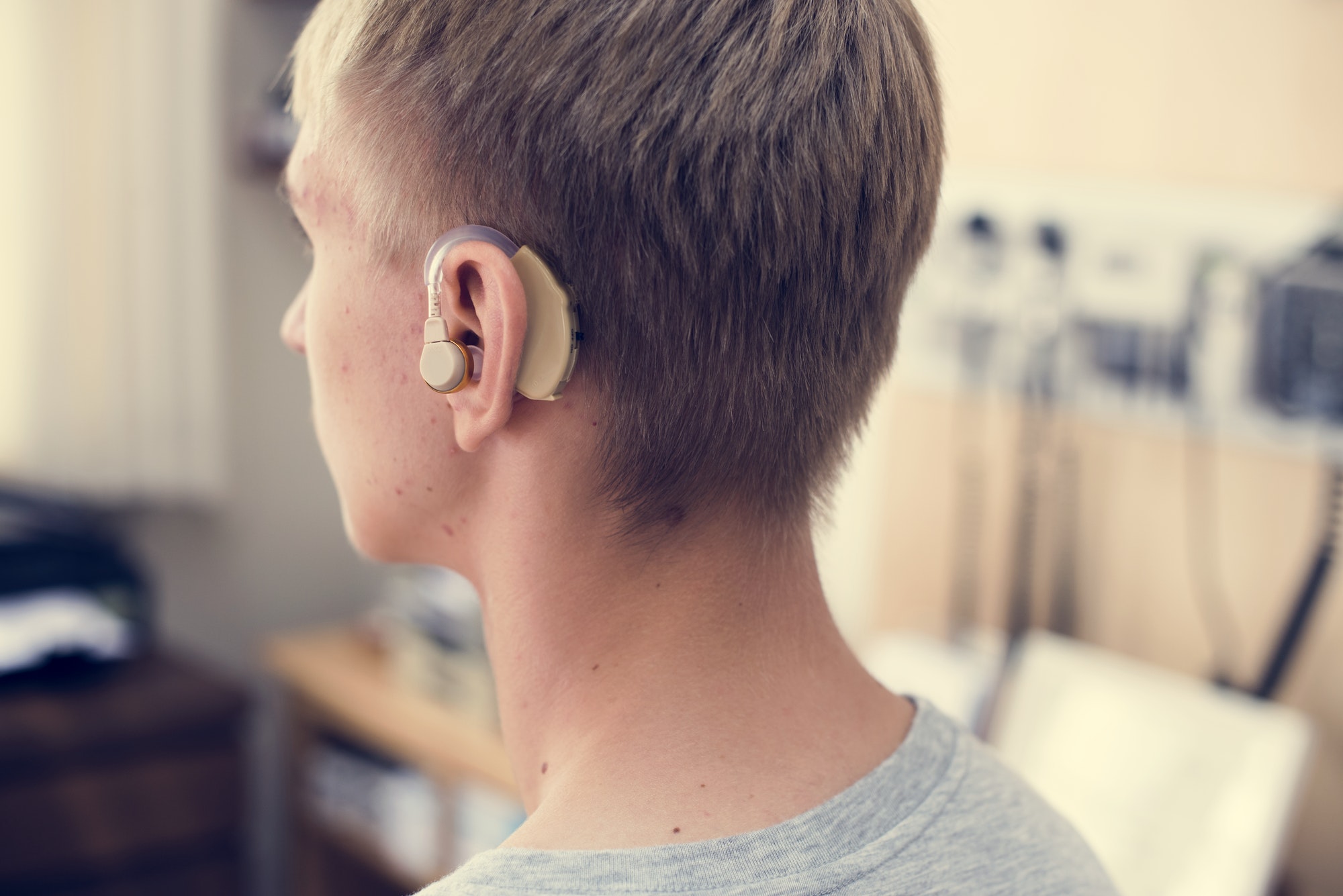What’s Up With Hearing Loss and Living Longer?
How Hearing Loss Affects Your Lifespan
Did you know that using hearing aids might help you live longer? Yeah, it’s true! Recent research shows that people who use hearing aids might have up to a 24% lower risk of dying early. So, if you’re dealing with hearing loss, getting it checked out and possibly getting a hearing aid isn’t just about hearing better—it could actually help you stick around longer and enjoy life more.

Hearing Loss and Your Brain
Apart from possibly living longer, dealing with your hearing loss might also keep your brain sharper. Some studies link untreated hearing loss with a higher chance of dementia. But, good news—using hearing aids can lower this risk by keeping your ears and brain engaged and healthy.
Cool Updates in Hearing Aid Tech
DIY Hearing Aids
Guess what? These days, you don’t always need to see a specialist to get a hearing aid. Over-the-counter options are popping up that let you fit and adjust them yourself. They’re often cheaper and can work just as well, making it easier for more people to hear better without breaking the bank.
Better Living Through Better Hearing
Today’s hearing aids are about more than just hearing stuff. They help people communicate more effectively and feel less isolated, which is super important for staying mentally and physically active, especially as we get older.
Making Smart Moves for Your Ears
Choosing a Lifestyle for Healthy Ears
Hearing loss isn’t just something that automatically happens when you get older—you can actually do stuff to prevent it or make it less severe. Regular check-ups, keeping up with hearing aid tech, and living healthily can all make a big difference.
Teaming Up With Your Doc
When it comes to handling hearing loss, you’re not alone. Building a solid relationship with healthcare professionals means you get personalized care and the most up-to-date solutions. So, make sure to keep in touch with your doctor and discuss any hearing concerns you have.

FAQ Section
Q: Can anyone use over-the-counter hearing aids?
A: Pretty much! Over-the-counter hearing aids are designed for adults with mild to moderate hearing loss. If you think your hearing isn’t what it used to be, these might be a good option. But, if you’re dealing with more severe hearing issues, you should definitely see a specialist.
Q: Do hearing aids really reduce the risk of dementia?
A: Yes, there’s growing evidence that suggests so! By keeping your ears and brain engaged, hearing aids can help maintain your cognitive functions and lower the risk of dementia. Think of them as a workout for your brain!
Q: Are modern hearing aids noticeable?
A: Not unless you want them to be! Many of today’s hearing aids are super discreet. They come in styles that fit entirely in your ear canal or ones that are small and tuck behind your ear. Plus, there are various colors and designs if you prefer to make a style statement.
Q: How often should I check my hearing?
A: It’s a good idea to get your hearing tested at least once every few years, especially if you’re over 50 or exposed to loud noises regularly. If you notice any changes in your hearing or if hearing loss runs in your family, you might want to get checked more often.
Q: Will hearing aids cure my hearing loss?
A: Hearing aids don’t cure hearing loss, but they significantly improve it. They make sounds clearer and louder so you can communicate better and enjoy life’s sounds. Just remember, the sooner you address any hearing issues, the more effective the aids can be.
Q: Can I use hearing aids while exercising or in the rain?
A: Most modern hearing aids are designed to handle some sweat and moisture, but it’s best to check the specific model you have or are considering. Some are more water-resistant than others. If you’re an active person or live in a rainy place, look for hearing aids that can keep up with your lifestyle.
Q: Are there any side effects to using hearing aids?
A: When you first start using them, it might take a while to get used to hearing aids. Some people experience a bit of discomfort or feedback noise at first. But these issues usually go away as you adjust. If you have concerns, your audiologist can help you fine-tune your hearing aids for the most comfortable experience.
Sources CNN


